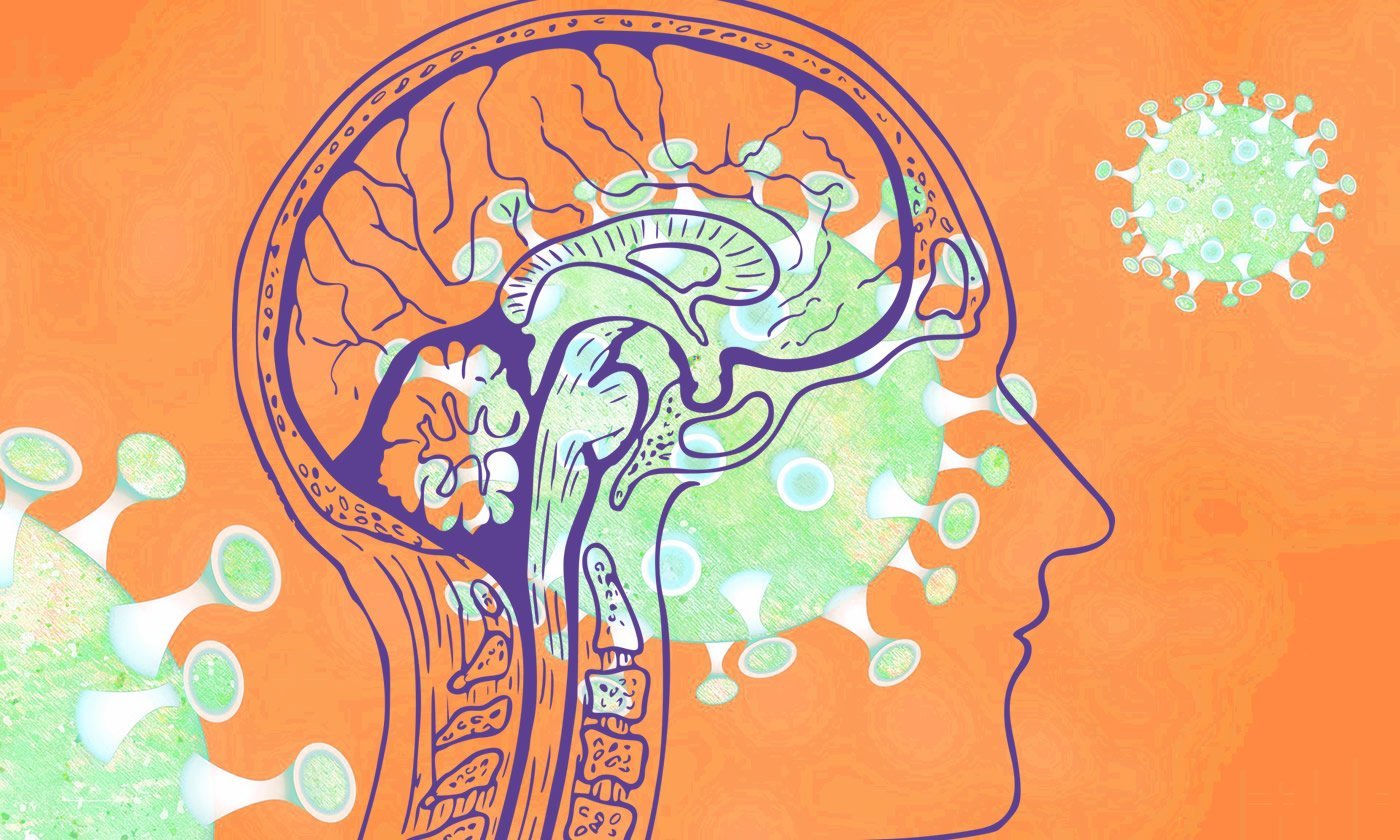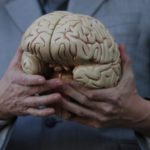Neurological manifestations linked to COVID-19 has surged among patients from around the world, particularly in nations with the largest reported spikes of outbreaks, a new study finds.
Released in the journal The Lancet Neurology, a research team at the University of Liverpool determined that neurological complications such as delirium and strokes were more prevalent among nations with the largest reported outbreaks.
The findings were made by examining an array of studies on COVID-19 from countries like Italy, China, and the United States. The studies resulted in nearly 1,000 participants with neurologically-based symptoms during infection.
“Whilst these complications are relatively uncommon, the huge numbers of COVID-19 cases globally mean the overall number of patients with neurological problems is likely to be quite large,” according to Suzannah Lant, co-author of the study.
“Although such patients are being seen everywhere the virus occurs, many of the reports are lacking in detail. We are currently pooling data from individual patients all around the world, so that we can get a more complete picture,” another co-author of the study explained, in a news release.
“Doctors who would like to contribute patients to this analysis can contact us via the Global COVID-Neuro Network website.”


